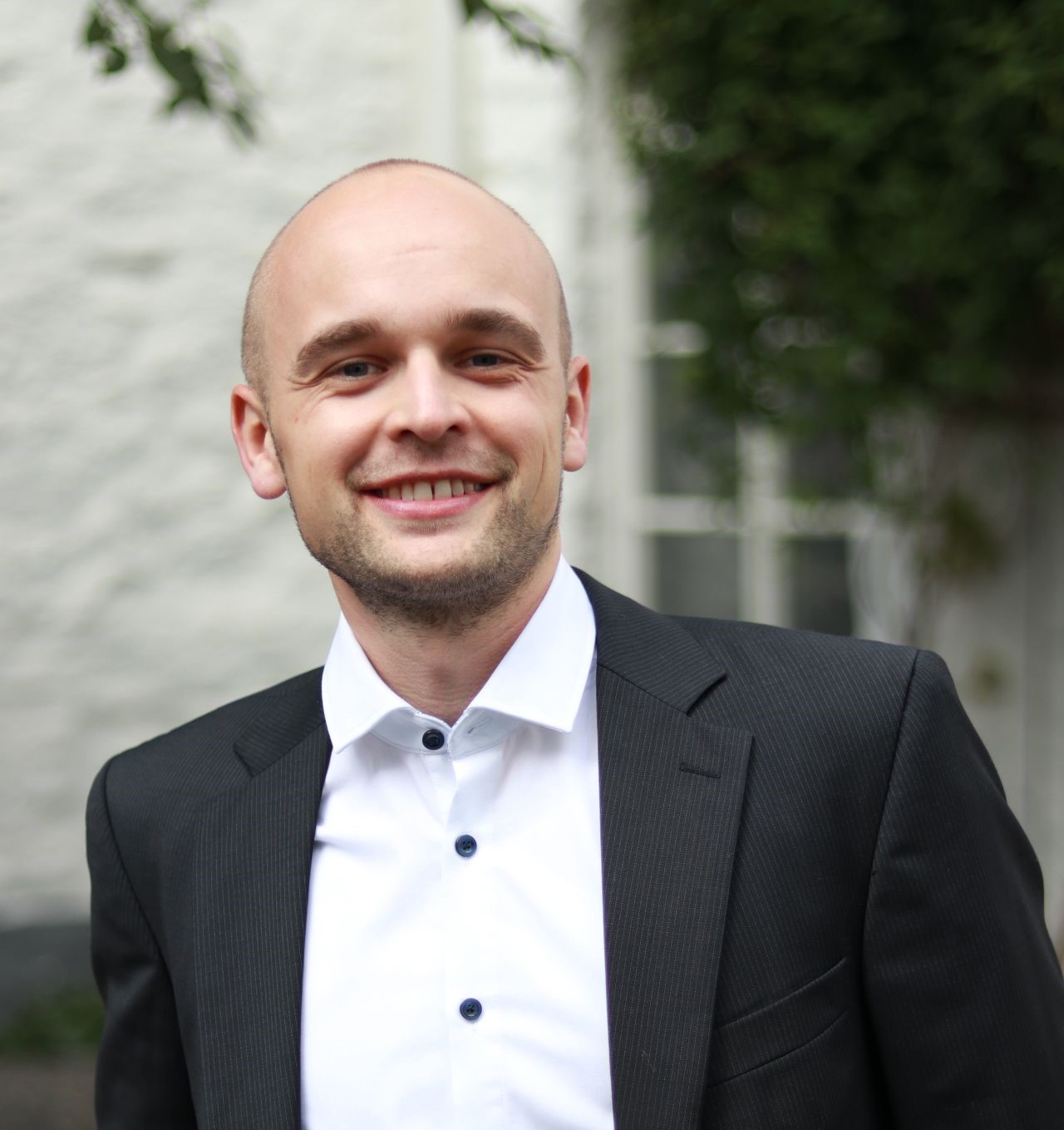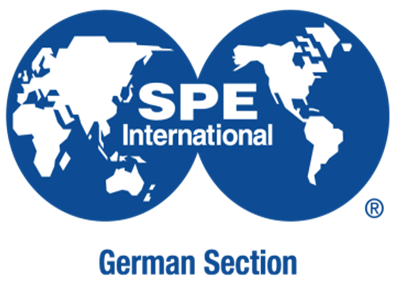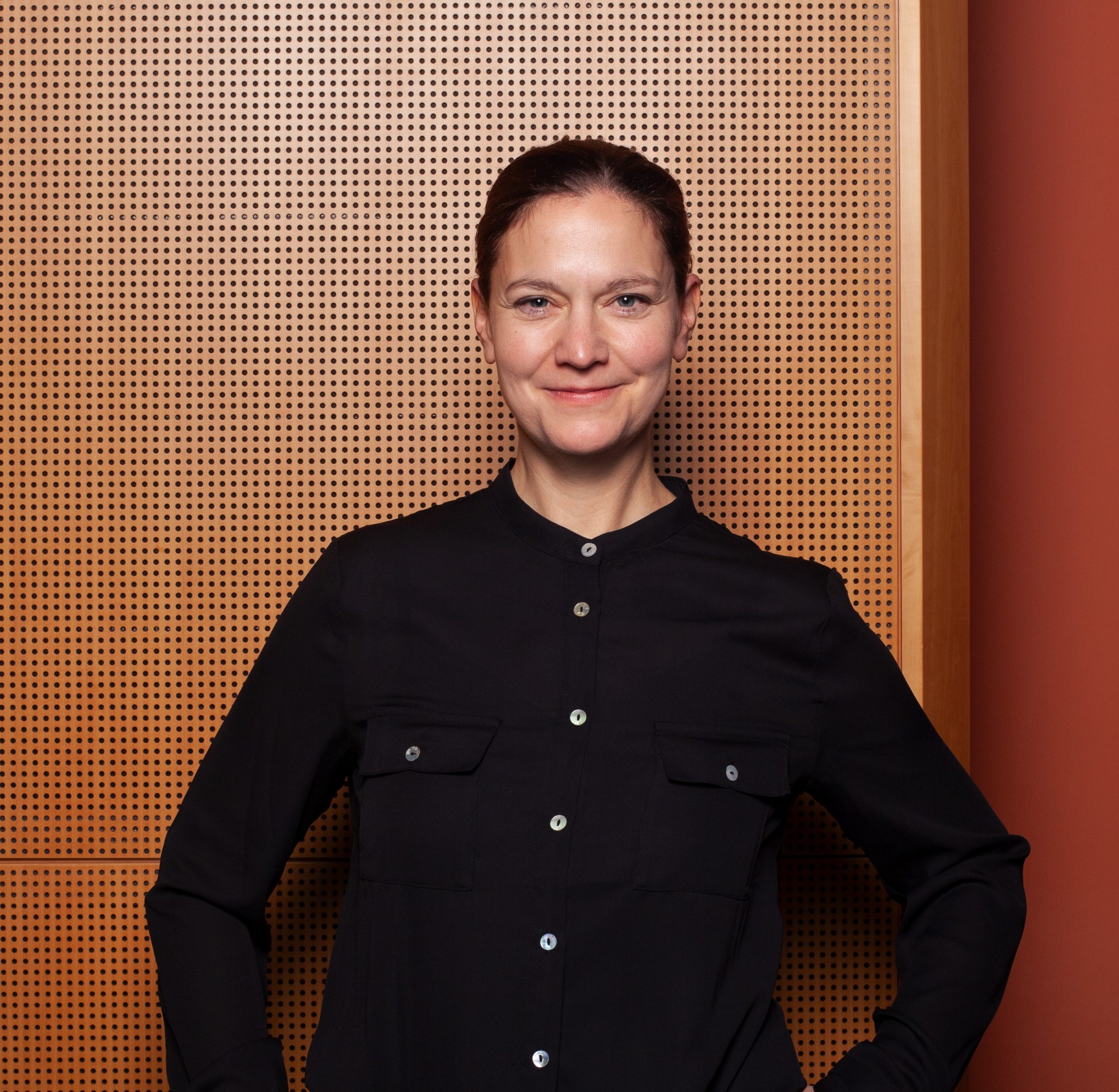Abstract
Biotechnology bears enormous potential as a key technology for contributing to solving current and future challenges, such as fighting climate change, securing food supply for the growing world population, and developing new medicines and therapeutics. Particularly when implemented in industry, microbial biotechnology is promising for establishing circular economies, most prominently but not limited to carbon. In this regard, de-fossilization by introducing sustainable bioprocesses into the chemical industry is crucial.
In this seminar, two case studies are explored, which highlight approaches for biological process development in an academic setting. In the first case, a process for the production and purification of biosurfactants is developed, which is independent of fossil carbon sources. In the second case, the focus is set on phosphate, which is a fossil resource as well. Baker’s yeast is used to recycle spent phosphate while simultaneously producing high-value polyphosphate with novel applications, currently inaccessible to chemical synthesis.
By introducing concepts of biotechnological process development and their potential for contributing to circular economies, a subsequent open discussion will be initiated.


